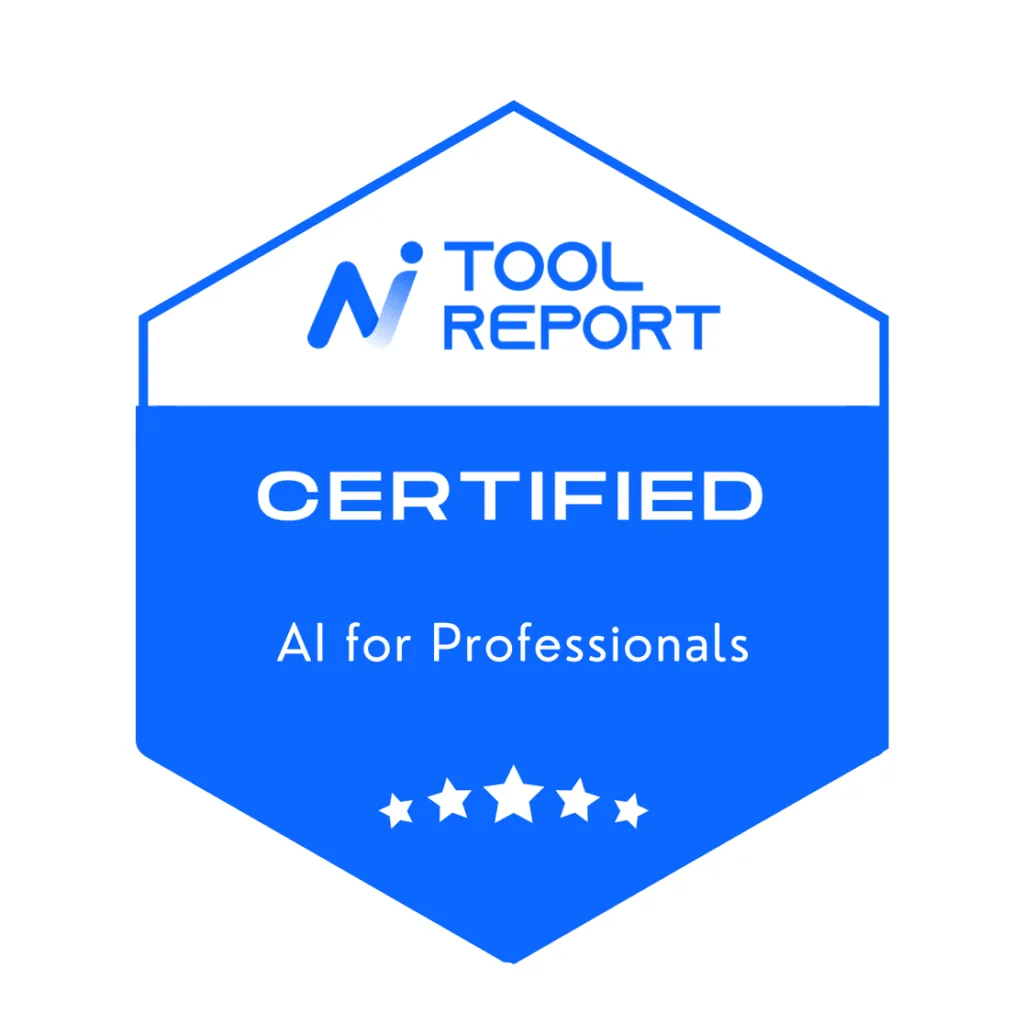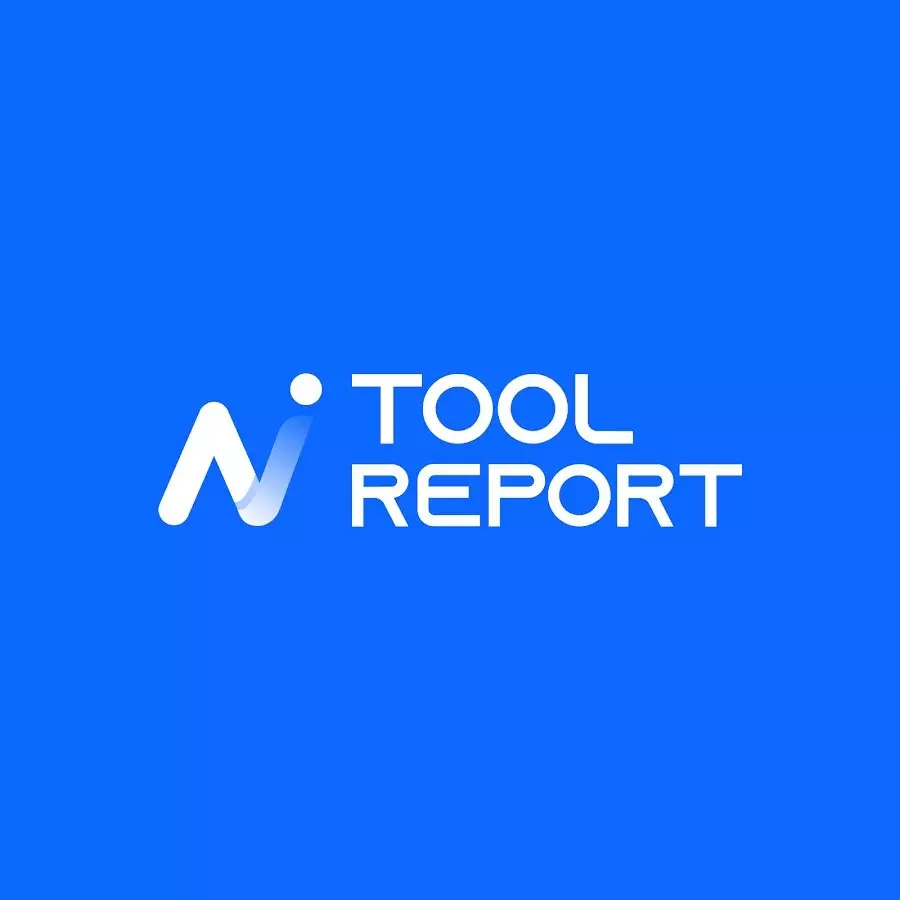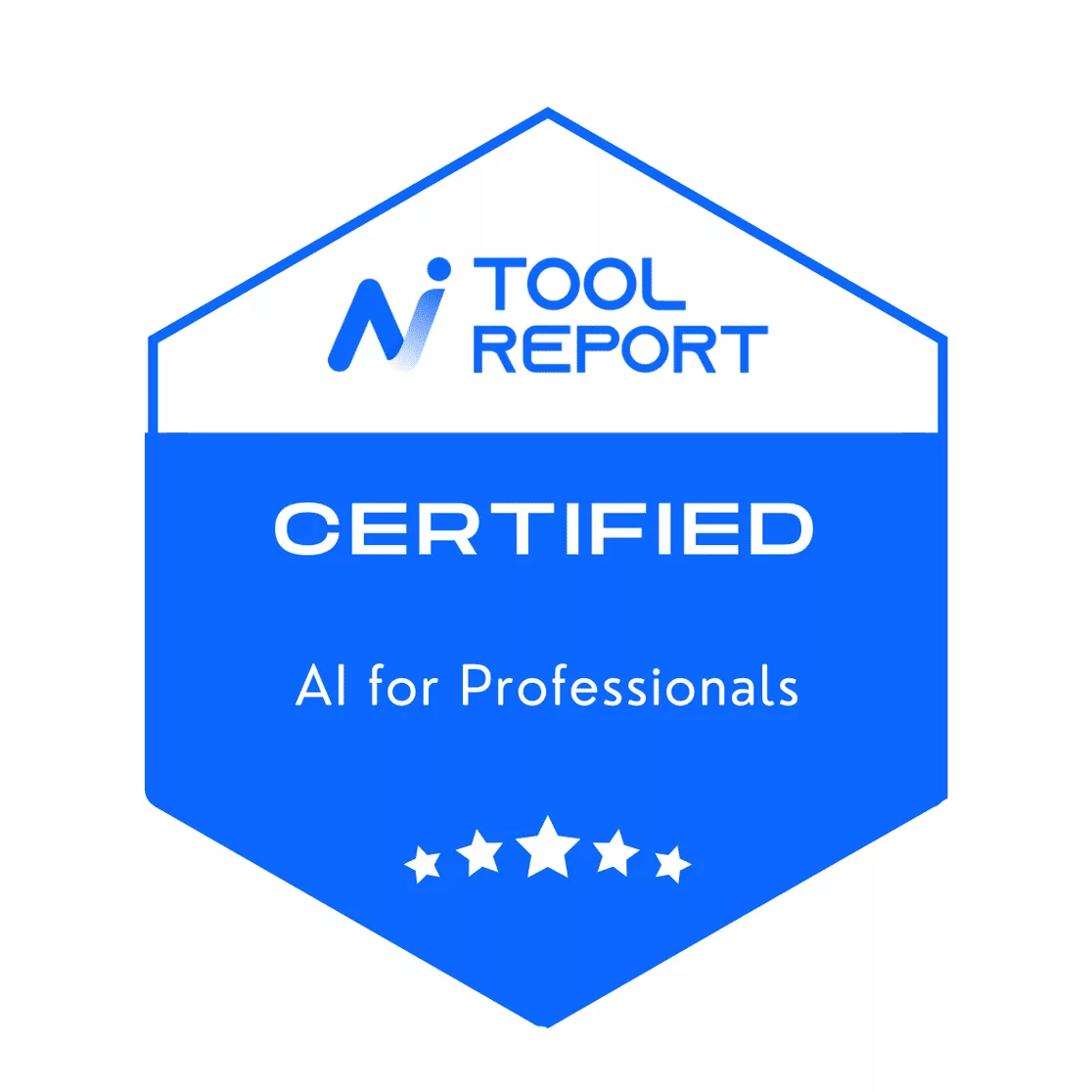Artificial Intelligence (AI), a rapidly advancing field, holds the promise to revolutionize aspects of human existence, including healthcare, education, business, and entertainment. The key to unleashing AI’s potential lies in nurturing a workforce proficient in crafting, implementing, and managing AI technologies that are ethical and beneficial.
With AI’s significance skyrocketing, education in this domain has gained unprecedented importance. A report from the Organization for Economic Cooperation and Development (OECD) highlights a 66% surge in AI skill demand over five years, alongside a 44% increase in AI job opportunities. Yet, the scarcity of adequately trained AI professionals points to a widening gap between demand and supply.
To address this challenge, certified AI courses stand out as a viable solution, aiming to equip individuals with industry-pertinent knowledge and skills. This blog post delves into the AI Tool Report Review 2024, detailing top-tier AI courses and tools. It offers insights on how these resources can facilitate swift, efficient AI learning, potentially elevating career prospects and income in the AI sector.
What Happens & What Goes
Table of Contents
1. The Rise of Certified AI Education in 2024: AI Tools Report Review
The year 2024 marks a milestone in AI education, transforming it into both a necessity for advancement and a significant competitive edge. With an increasing demand for AI expertise, the availability of top-notch, cost-effective AI courses is on the rise, helping learners gain the essential knowledge and credentials needed to triumph in the AI sector.
What Happens & What Goes
a. Emergence of High-Quality AI Courses

The widespread availability of premium AI courses tackling a vast array of topics—from AI and machine learning basics to cutting-edge advancements and applications across different industries—is one of the key factors propelling the surge in certified AI education. These courses aim to bolster learners with a robust theoretical understanding and hands-on skills for solving real-world challenges and executing projects.
Attributes that contribute to the superior quality of these courses include:
- Expert instruction from seasoned professionals with significant industry or academic experience.
- Incorporation of the latest research and adherence to the highest standards and recommendations of leading professional bodies and institutions.
- A dynamic and engaging learning environment utilizing diverse formats and methods like videos, quizzes, interactive assignments, projects, and peer evaluations.
- Flexibility and accessibility enable learners to progress at their own pace and access course content anytime and from anywhere.
- Economic affordability allows for high-quality AI learning experiences without financial strain.
YOU MAY ALSO WANT TO READ: AI Education with AI Tool Report: Top Certified Courses for Mastering AI Online on 2024
by Leonard, HapnGo
b. Key Providers and Their Offerings
In 2024, numerous entities will stand out for delivering exceptional AI courses, each distinguished by its own unique strengths and specializations.
Highlighted providers include:
- CareerFoundry: Specializes in certifications across UX/UI design, product design, data analytics, digital marketing, product management, and web development, all infused with AI insights relevant to each discipline. This enhances the fundamental skills of each profession with AI competencies.
- Coursera: is a leading e-learning platform offering a myriad of AI courses and certifications from prestigious universities and corporations like Stanford, IBM, Google, and Microsoft. Popular certifications include AI for Everyone, the IBM Applied AI Professional Certificate, and Introduction to TensorFlow for Artificial Intelligence, Machine Learning, and Deep Learning.
- Udemy: Offers a vast range of AI courses and certifications covering subjects such as ChatGPT, AI ethics, AI engineering, and various AI applications, including popular certifications like Artificial Intelligence A-Z and the IBM AI Engineering Professional Certificate.
- Google Cloud: Known for its cloud computing solutions and AI/machine learning services, it also offers the Professional Machine Learning Engineer AI Certification, validating skills in designing and deploying scalable ML models using Google Cloud.
- United States Artificial Intelligence Institute: A non-profit organization dedicated to promoting AI education and research, offering the Certified Artificial Intelligence Scientist certification, evidencing proficiency in AI’s core concepts and applications.
What Happens & What Goes
c. Impact on Professional Development
Attaining AI certification can significantly enhance one’s professional trajectory and job prospects.
The benefits include:
- Enhancing resumes and portfolios with AI credentials, distinguishing oneself in the job market.
- Boosting credibility and reputation within the AI community, earning trust and recognition from employers and peers.
- Expanding professional networks and opening doors to new collaborations and opportunities.
- Increasing earning potential, as AI expertise is highly sought after and well-compensated.
- Encouraging continuous learning and skill enhancement in the ever-evolving field of AI.

2. Curriculum Innovation and Industry Relevance
In the realm of certified AI education, the innovation of the curriculum and its relevance to the industry play pivotal roles. These courses are not just of high quality; they’re adaptive, practical, and designed to make a significant impact.
They successfully mirror the ever-evolving demands and expectations within the AI sector and equip learners with the skills needed to navigate future opportunities and challenges.
a. Adapting to the Evolving AI Landscape
The landscape of AI is in a state of constant flux, marked by daily breakthroughs and the introduction of new applications. Staying abreast of these developments necessitates that courses and tools are periodically updated to reflect the latest in AI research and best practices.
Flexibility and customization options are essential, enabling learners to tailor their educational journey to fit their individual goals, pacing, and difficulty levels. Platforms such as CareerFoundry allow for a personalized learning experience, offering learner-selected mentors, tutors, and peers, along with tailored feedback and support.
Similarly, Coursera provides options for learners to engage with courses matching their interests, earning certificates and degrees at their pace from renowned institutions. Udemy goes a step further, offering lifetime access to purchased courses, facilitating learning anywhere, anytime. Google Cloud and the United States Artificial Intelligence Institute present an opportunity for learners to undertake certification exams online, with the flexibility to retake them for improved scores.
YOU MAY ALSO WANT TO READ: Online E-Learning Platforms – 2024 – Improve Your Education Now with Alison
By Leonard, HapnGo

b. Incorporation of Practical AI Tools and Applications
An integral component of curriculum innovation and industry relevance is the practical integration of AI tools and applications within the coursework. These tools are instrumental in applying AI knowledge to real-world scenarios, thus enriching the learning experience and outcomes.
This exposure not only acquaints learners with industry-standard tools and applications but also immerses them in the workflows and standards prevailing in the AI domain. CareerFoundry, for instance, weaves AI into various courses like UX/UI design and web development, demonstrating AI’s utility across diverse fields.
Coursera delves into specific AI realms like ChatGPT and AI ethics, whereas Udemy covers a broad spectrum of AI topics, including natural language processing and deep learning, with an emphasis on using frameworks like TensorFlow and PyTorch. Google Cloud and the United States Artificial Intelligence Institute challenge learners to showcase their prowess with Google Cloud services, tackling AI implementations through various advanced techniques.
What Happens & What Goes
c. Feedback from Industry Experts and Alumni
A telling measure of curriculum innovation and industry alignment is the feedback from industry stalwarts and course alumni. These insights not only testify to the courses’ quality and efficiency but also highlight the impacts on the career trajectories and professional growth of the learners.
CareerFoundry enjoys a high satisfaction rate and a robust alumni network, with placements in major firms like Amazon and Google.
Coursera boasts a vast learner and instructor community, featuring endorsements from AI luminaries. Udemy’s vast offerings have garnered positive reviews for being insightful, engaging, and fundamentally practical. Similarly, Google Cloud and the United States Artificial Intelligence Institute are acclaimed in both AI industry circles and academia, maintaining partnerships with esteemed entities like IBM and MIT.

3. Future Prospects: AI Education and Certification in 2025 and Beyond
The landscape of AI education and certification is set for a bright and promising future as the domain of Artificial Intelligence (AI) expands and matures. With this growth comes a blend of challenges and opportunities that stakeholders must navigate and leverage effectively.
We delve into the evolving trends in AI education, the hurdles and prospects ahead, and the overarching effect of AI literacy on a global scale in this segment.
a. Emerging Trends in AI Learning
The increasing ubiquity and accessibility of AI are driving the emergence of new learning trends within the discipline.
Highlighted below are some of the notable trends:
- Blended learning: This approach merges online and traditional in-person learning methods, offering a mix of face-to-face instruction, online coursework, and practical projects. Blended learning caters to the diverse needs of learners by combining the versatility and convenience of online access with the benefits of direct interaction and mentorship found in offline settings.
- Microlearning: Characterized by concise, targeted learning sessions that last only a few moments, microlearning effectively simplifies complex subjects into manageable sections. This method enhances information retention through regular feedback and the reinforcement of concepts in small, digestible pieces.
- Gamification: Incorporating gaming elements such as points, badges, levels, and leaderboards into learning environments, gamification boosts motivation and makes the learning journey more engaging. It plays on both intrinsic motivations and extrinsic rewards, fostering a competitive yet enjoyable learning atmosphere.
- Immersive learning: Leveraging technologies like virtual reality (VR), augmented reality (AR), and mixed reality (MR), immersive learning creates realistic, interactive environments for deeper engagement. It boosts learning efficiency by enhancing the sense of presence and immersion and catering to both cognitive and emotional aspects of learning.
What Happens & What Goes
b. Challenges and Opportunities
The promising future of AI education and certification is not without its challenges and opportunities. Addressing these will be crucial for advancing the field.
Here are key considerations:
- Quality assurance: Ensuring the high quality and standards of educational content, tools, and certifications are paramount for gaining the trust and credibility of learners, educators, and employers alike. Effective quality assurance validates the integrity and reliability of learning outcomes and assessments.
- Equity and inclusion: Promoting equal access to learning resources and certification opportunities for all, irrespective of one’s background, abilities, or circumstances, is essential. Fostering equity and inclusion not only enriches diversity within the AI field but also addresses biases present in AI systems and applications.
- Collaboration and coordination: The alignment of efforts among diverse stakeholders—including learners, educators, providers, employers, policymakers, and researchers—is vital for a cohesive AI education ecosystem. Such collaboration maximizes the shared resources and expertise available, benefiting all involved.
- Innovation and adaptation: The AI landscape is ever-evolving, necessitating continuous innovation and the willingness to adapt educational offerings and certifications to meet changing demands. Staying ahead in this dynamic environment ensures the ongoing relevance and appeal of AI education and certification programs.
What Happens & What Goes
c. Global Impact on AI Literacy
The progression in AI education and certification is poised to make a substantial global impact on AI literacy, empowering individuals and communities worldwide. AI literacy encompasses the understanding and application of AI in a manner that is both responsible and advantageous.
By enhancing the quality and relevance of AI education and certification, we can:
- Increase public awareness and interest in AI, motivating individuals to explore AI-related careers and opportunities.
- Build and improve upon the skill set and knowledge base of current and aspiring AI professionals, readying them for the AI industry’s challenges and chances.
- Narrow the talent gap between supply and demand, and mitigate disparities between developed and developing regions, fostering a more diverse and inclusive AI workforce.
- Encourage consideration of AI’s ethical and social impacts, advocating for AI’s responsible use for the benefit of society.
Conclusion
This blog post has delved into the AI Tool Report Review, providing an extensive and definitive exploration of the top AI courses and tools available in 2024. We’ve uncovered how these resources can be pivotal in learning AI quickly and efficiently, potentially elevating your career prospects and income within the AI domain.
The conversation also extended to the future of AI education and certification, along with the worldwide significance of AI literacy.
What Happens & What Goes
Recommendation
For those keen on either beginning or furthering their AI education, the AI Tool Report is an invaluable resource. It offers a selection of courses and tools tailored to meet various needs and ambitions.
This investment in your education won’t be in vain, promising a comprehensive and industry-relevant AI education and certification that will distinguish you in a competitive field and equip you for the AI future.
There’s no better time than now to embark on your AI learning journey and be at the forefront of the AI revolution!
Please feel at ease with leaving a comment!
Let’s create a better world togheter!
Author Profile

-
Hi, I’m Leonard, the founder of HapnGo "What Happens & What Goes". I am a visionary entrepreneur with multilingual fluency. I have a degree in accounting and marketing with proficient digital technology competencies. I am passionate about creating compelling content that resonates with diverse audiences.
My mission is to provide value to you and the rest of the world.
Let's create a better world together!
Leonard
Latest entries
 6th Step: Launch And OngoingJune 7, 2024Rank Math’s Youtube Channel: Your Best Guide to SEO Succes in 2024 | HapnGo
6th Step: Launch And OngoingJune 7, 2024Rank Math’s Youtube Channel: Your Best Guide to SEO Succes in 2024 | HapnGo Define Your FocusJune 7, 2024Define Your Focus: 1st Step for a Successful Blog in 2024 | HapnGo
Define Your FocusJune 7, 2024Define Your Focus: 1st Step for a Successful Blog in 2024 | HapnGo BloggingMay 26, 2024Blogging Essentials: Create Your Profitable Blog in 4 Steps in 2024 | HapnGo
BloggingMay 26, 2024Blogging Essentials: Create Your Profitable Blog in 4 Steps in 2024 | HapnGo 6th Step: Launch And OngoingMay 23, 2024WordPress Security: Ultimate Plug-in to Safeguarding Your Site in 2024 | HapnGo
6th Step: Launch And OngoingMay 23, 2024WordPress Security: Ultimate Plug-in to Safeguarding Your Site in 2024 | HapnGo





